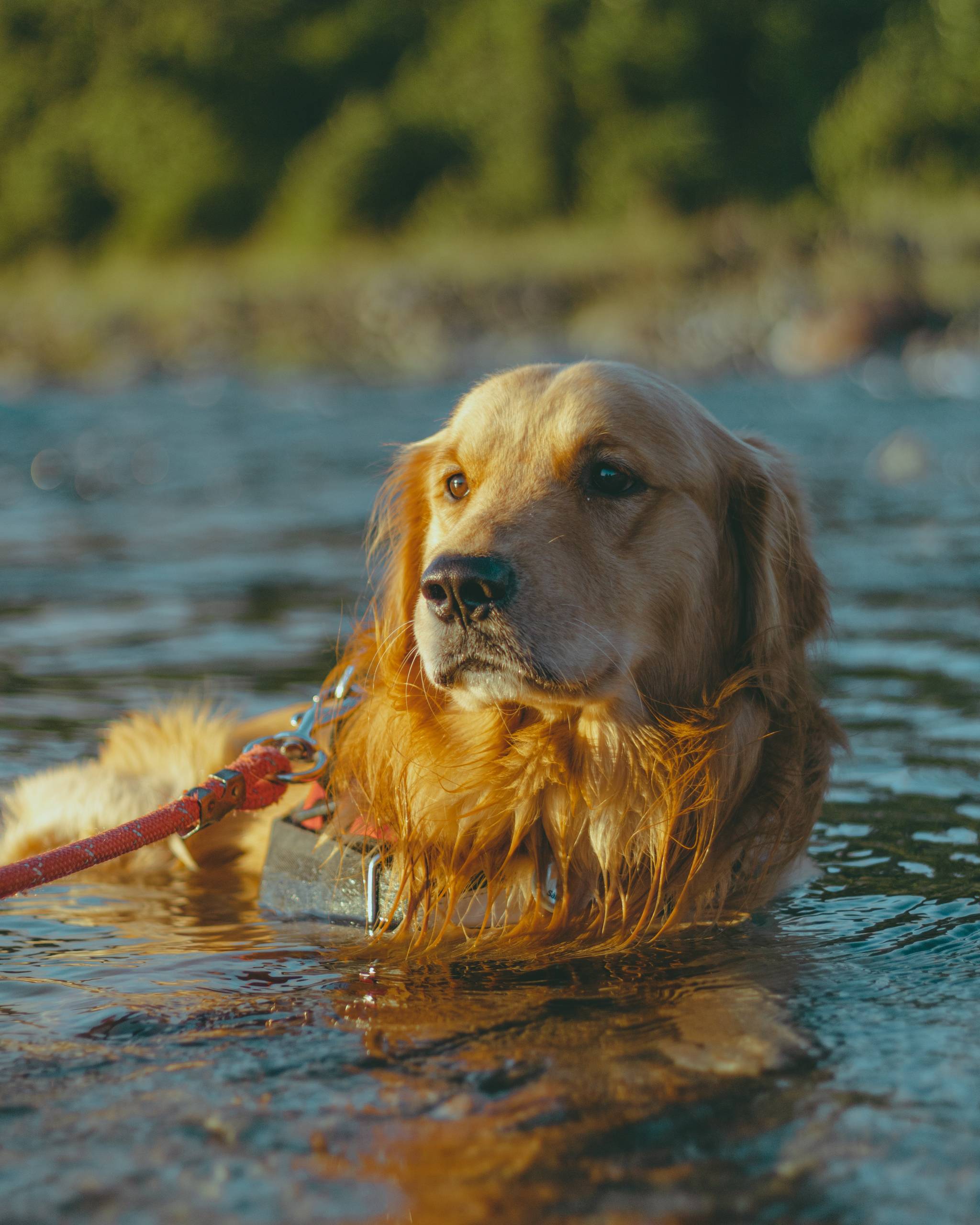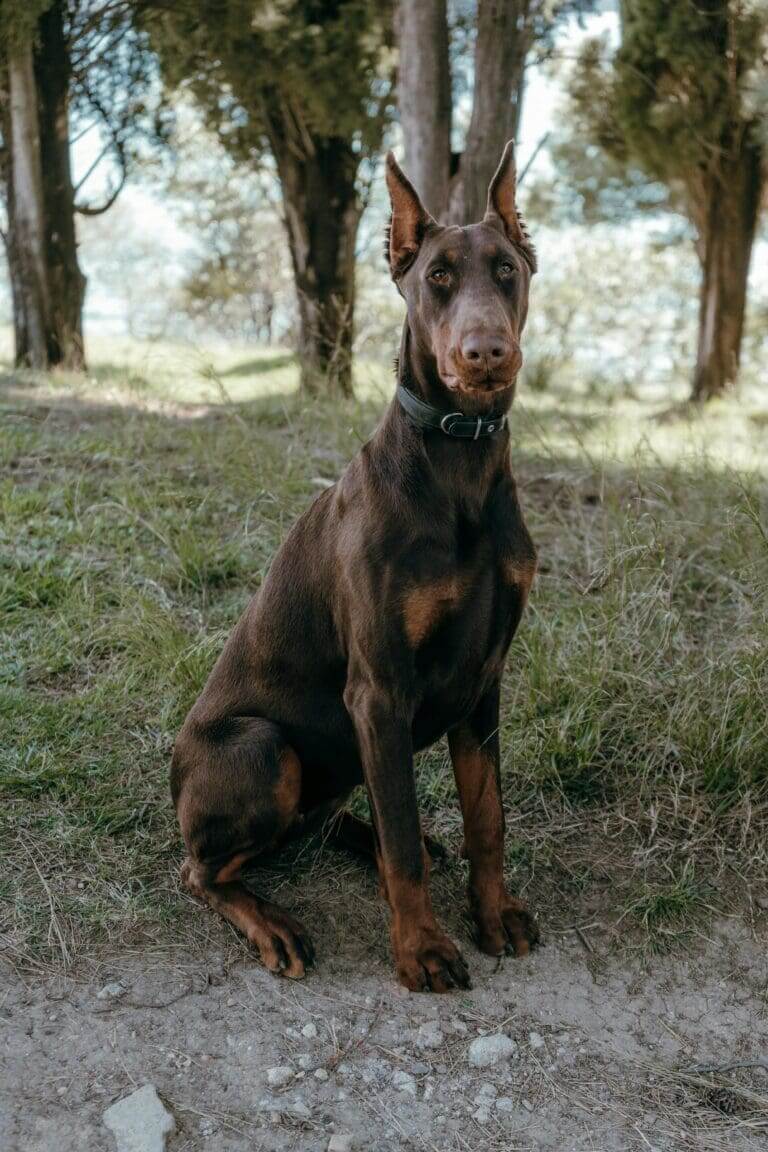What Do African Wild Dogs Eat?
Post Date:
December 10, 2024
(Date Last Modified: December 10, 2024)
African wild dogs, also known as painted wolves or Lycaon pictus, are remarkable creatures that play a vital role in their ecosystems. Their unique social structure, hunting strategies, and dietary habits are of great interest to wildlife enthusiasts and researchers alike. Understanding the diet of these wild canines provides insights into their behavior and ecological role, as well as the challenges they face in the wild.
Cooperative Hunting Strategies
African wild dogs primarily hunt in packs, which is essential to their feeding strategy. These cooperative hunters rely on teamwork to take down prey that is larger and faster than themselves. This close-knit social structure enhances their hunting success, allowing them to tackle animals that would be difficult to catch alone.
During a typical hunt, wild dogs can run long distances, sometimes up to two miles, to chase down their target. Their impressive stamina is crucial for hunting success, as they often pursue medium-sized ungulates such as impalas, wildebeests, and gazelles. Despite the agility and speed of these animals, the endurance of wild dogs often gives them the advantage.
Sophisticated Hunting Tactics
The hunting techniques of African wild dogs are sophisticated. They employ strategies like “flanking,” where some members of the pack chase the prey while others cut off its escape routes. This coordinated effort can confuse the prey, leading to a successful catch. Once prey is captured, the pack shares the meal, ensuring that all members, including young pups and nursing mothers, receive nourishment.
In addition to larger ungulates, African wild dogs also consume smaller animals such as hares, birds, and rodents, especially when larger prey is scarce. This dietary flexibility allows them to thrive in diverse environments, ranging from grasslands to savannas. Their ability to adapt to varying prey availability is essential for survival, particularly in areas where food sources fluctuate due to seasonal changes or human encroachment.
Social Dynamics and Nutrition
The diet of African wild dogs extends beyond mere sustenance; it significantly influences their social dynamics. After a successful hunt, the pack gathers to feast, reinforcing bonds within the group. Sharing food is vital for maintaining their social structure and hierarchy, often leading adult dogs to regurgitate food for pups to ensure they receive adequate nutrition. This nurturing behavior fosters a strong sense of community among pack members.
The nutritional needs of African wild dogs are specific, requiring a diet rich in protein and fat to sustain their high energy levels. The prey they hunt typically provides these essential nutrients, allowing them to maintain health and vitality. However, the availability of prey can be impacted by habitat loss and competition with other predators, highlighting the importance of conservation efforts.
Conservation Challenges
The decline in African wild dog populations poses a significant concern for conservationists. Habitat fragmentation, human-wildlife conflict, and diseases introduced by domestic animals threaten their survival. As natural habitats shrink, the availability of prey decreases, making it increasingly difficult for these dogs to find sufficient food to sustain their packs. Protecting the ecosystems where African wild dogs thrive is critical for their continued existence.
Many organizations are actively raising awareness about the importance of African wild dogs and the challenges they face. Educational programs aim to foster a greater understanding of these unique animals and their roles in ecosystems. Highlighting the interconnections between wildlife and their habitats inspires more people to support conservation initiatives that benefit not only African wild dogs but also the broader environment.
Embracing the Wild
In the wild, the dietary habits of African wild dogs reflect their adaptability and resilience. These skilled hunters exhibit a complex social structure that enhances their chances of survival. Their ability to function as a cohesive unit during hunts showcases both their intelligence and strong social bonds.
Understanding the dietary preferences of African wild dogs reveals valuable insights into their ecological role and the importance of preserving their habitats. Protecting these extraordinary creatures contributes to the balance of ecosystems that support countless other animals and plants. The plight of African wild dogs serves as a reminder of the interconnectedness of life on Earth, urging action to safeguard our natural world.
For those interested in learning more about African wild dogs, visiting wildlife reserves or participating in conservation programs offers an enriching experience. Observing these animals in their natural habitats fosters a deeper appreciation of their complex social structures and hunting strategies. This connection to the wilderness emphasizes the importance of preserving these incredible creatures for future generations.
African wild dogs are remarkable animals with a rich dietary culture that reflects their social structure and ecological role. Their preference for hunting in packs enables them to take down larger prey, while their adaptability allows them to thrive in various environments. Protecting their habitats and supporting conservation efforts is essential for ensuring these unique canines continue to roam the wild for years to come.






